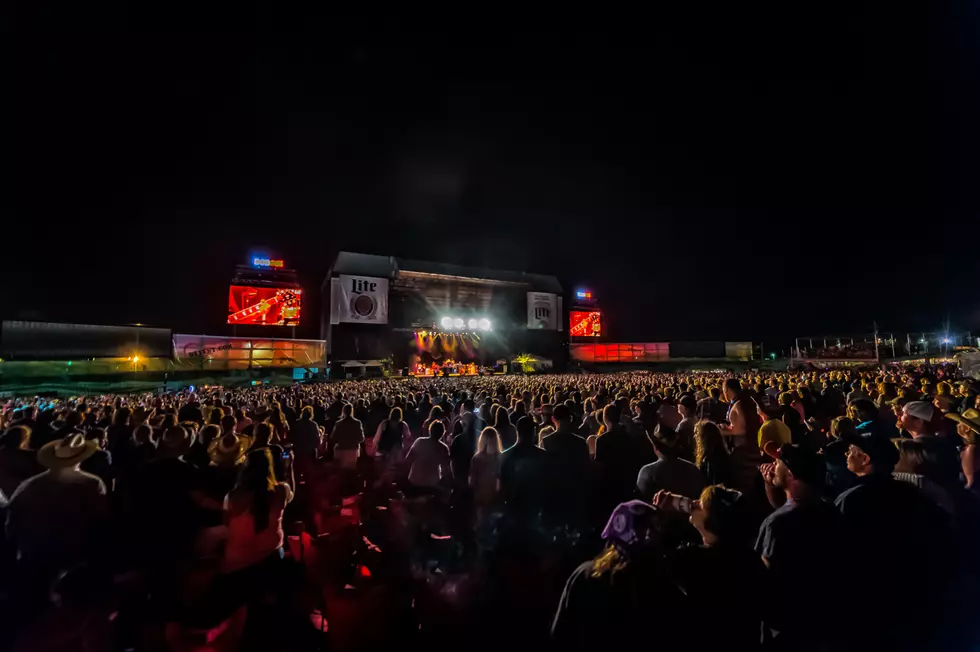
Penumbral Lunar Eclipse, Full Moon, Comet Will Dazzle All at Once
Big news for astronomy fans.
This weekend will bring three cool events in the sky that you can see.
A penumbral eclipse is scheduled for Friday night at 7:43 p.m. ET.
What exactly is a penumbral eclipse? According to Earthsky.org, it's when "the more diffuse outer shadow of Earth falls on the moon’s face. This third kind of lunar eclipse is much more subtle, and much more difficult to observe, than either a total or partial eclipse of the moon. There is never a dark bite taken out of the moon, as in a partial eclipse. The eclipse never progresses to reach the dramatic minutes of totality. At best, at mid-eclipse, very observant people will notice a dark shading on the moon’s face. Others will look and notice nothing at all."
Those in the eastern part of North America (which has been hit with startling weather in the days leading up to the weekend) will be able to see the eclipse, which will take place during the second notable occurrence: a full "snow" moon, the name given to a full moon in February.
As if those aren't enough to get your inner stargazer all worked up comes the third sight to behold: the appearance of Comet 45P, which, will be 7.4 million away from Earth, the closest it will come to our planet. According to USA Today, "Look to the east around 3 a.m. (Eastern) Saturday morning, where it will be visible in the sky in the constellation Hercules. Binoculars or a telescope could be helpful. Watch for a bright blue-green 'head' with a tail."
The comet will zip through the sky at a blistering 51,000 miles per hour.
If you miss it, you'll have to wait until 2022 to catch it again.
More From





![Kids Sneak Into Super Bowl [Language NSFW]](http://townsquare.media/site/543/files/2017/02/superbowl-sneakers.jpg?w=980&q=75)




